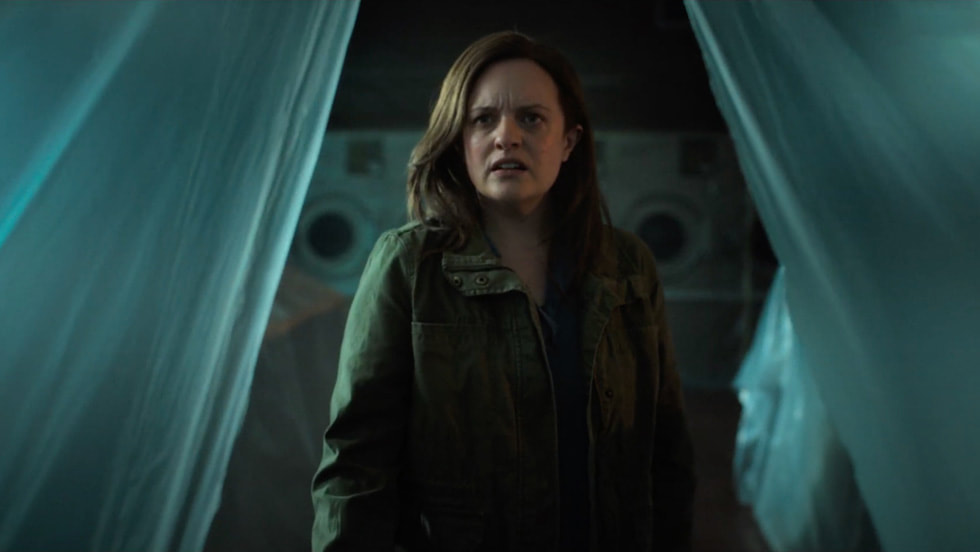|
Review by Tatiana Miranda Apple TV+'s latest series, Shining Girls, is a lofty amalgamation of sci-fi, thriller, and mystery based on the 2013 novel by Lauren Beukes. The plot centers around Kirby Mazrachi, a research assistant in Chicago who was violently assaulted six years earlier. Through her connections at work and a recent murder that mirrors her own assault, she begins to piece together a series of murders that span decades and warp her understanding of time. Kirby, who is played by TV drama veteran Elisabeth Moss, is a resilient character who overshadows the rest of the characters in the show. Her partner-in-crime, reporter Dan intends to be more than he ends up being, and his final moments in the series are lackluster as a result. While their dynamic is crucial to Kirby solving the mystery of her assaulter's identity, Dan is primarily just a device to Kirby instead of being his own developed character. Other characters in the series, such as Philippa Soo's Jin-Sook, don't appear important during their introduction, but their presence becomes imperative to the storyline as time shifts. Shining Girls's multi-dimensional storyline is both its saving grace as well as its downfall. It bends the usual detective/thriller story and aids in characterizing Kirby's trauma response to her assault. As her health and career are derailed by injury, so is the rest of her life as she loses experiences with those she loves and turns into someone she doesn't know. While being a great vehicle for the story of Kirby's growth, time travel in the series is also captivating as she tries to catch Harper, the villain of the story, as he slips through time and away from her. Compared to the novel by Beukes, Shining Girls harps more on the mystery aspect of the storyline, allowing the audience to get inside the head of Kirby. As she unravels Harper's actions, so does the audience. This is a beneficial derision from the book, but it takes up time and hinders the show's pacing. By episode six of the eight-episode season, the truth of the aspects of time travel is finally revealed, but they are done so in a singular episode. This episode is primarily a series of flashbacks focused on Harper that feels out of place with the rest of the series. While this episode goes into how time travel works, the show later fails to explain the multi-dimensional aspects or Harper's motives beyond his general hatred of women.
Shining Girls takes its time, with each episode spanning about an hour, yet it ends with much more to be desired. Since Apple TV+ presents it as an ongoing series, there is a chance for any unanswered details to be developed later, and perhaps a season two will improve upon some of the flaws of this season. Shining Girls premiers on Apple TV+ on April 29th with new episodes released subsequent Fridays. All eight episodes reviewed. Rating: 3/5
0 Comments
Leave a Reply. |
Archives
July 2024
Authors
All
|
|
|
disappointment media
Dedicated to unique and diverse perspectives on cinema! |


